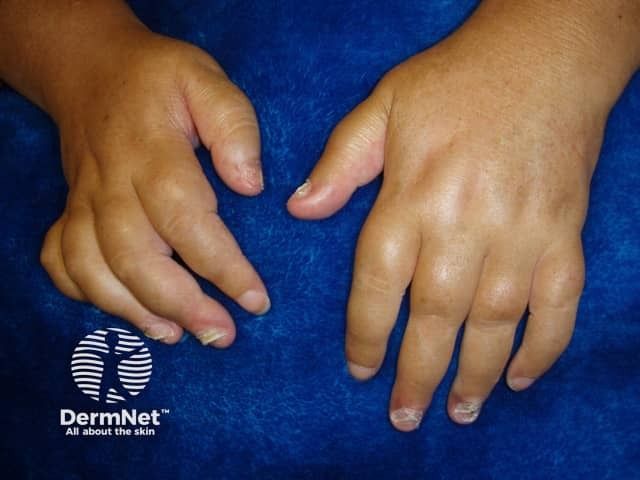- Case-Based Roundtable
- General Dermatology
- Eczema
- Chronic Hand Eczema
- Alopecia
- Aesthetics
- Vitiligo
- COVID-19
- Actinic Keratosis
- Precision Medicine and Biologics
- Rare Disease
- Wound Care
- Rosacea
- Psoriasis
- Psoriatic Arthritis
- Atopic Dermatitis
- Melasma
- NP and PA
- Skin Cancer
- Hidradenitis Suppurativa
- Drug Watch
- Pigmentary Disorders
- Acne
- Pediatric Dermatology
- Practice Management
- Prurigo Nodularis
- Buy-and-Bill
Article
Vitamin D debate: Study has dermatologists concerned over findings
A recent report linking low vitamin D levels with increased mortality risk has dermatologists - and even a report co-author - concerned that many Americans could misinterpret its findings as justification to significantly increase sun exposure.

Key Points

Dermatologists say that outside of very specific populations, there's no conclusive evidence that boosting vitamin D improves health. Even if such evidence existed, they add, sun exposure's risks far outweigh any potential benefits.
However, not all dermatologists take such a dim view of brief, careful sun exposure as a means of promoting overall health.

"In our paper and others, low vitamin D levels have been associated with numerous cardiovascular risk factors, including high blood pressure, dyslipidemia, diabetes, inflammation, obesity and metabolic syndrome (high triglycerides, blood sugar and blood pressure with low HDL cholesterol)," says study co-author Erin Michos, M.D., assistant professor of medicine, Johns Hopkins University School of Medicine, division of cardiology, Baltimore.
The Third National Health and Nutrition Examination Survey (NHANES) lacked information regarding heart attack and stroke risks, which papers published during the past year say increase with low vitamin D levels, Dr. Michos says.

Such factors include age, blood pressure, cholesterol, obesity and inflammation.
Article review
Dermatologists interviewed by Dermatology Times express varying opinions of the study.
Barbara A. Gilchrest, M.D., says that, overall, "It's a reasonable article. But this is yet another statistical association between lower vitamin D levels and higher mortality. The major issue is that a statistical association does not establish cause and effect, as the authors acknowledge."
Dr. Gilchrest is a professor of dermatology at Boston University School of Medicine.
"It's good that someone took a population-based look at systematically acquired vitamin D levels and related it to a variety of health outcomes," says Martin A. Weinstock, M.D., professor of dermatology and community health, Brown University, Providence, R.I.
The article, moreover, suggests there's an optimal amount of vitamin D - about 30 ng/ml to 35 ng/ml - that's consistent with what other sources have suggested, he says.
However, Dr. Weinstock says that this point is "still not proven. There's much more we need to do to pin that down."
Indeed, the paper's authors recommend further studies to confirm their observations, perhaps followed by randomized clinical trials to determine whether vitamin D supplementation can reduce mortality risk in those with 25(OH)D deficiency.
However, Dr. Michos says that presently, it's unclear what's the best way to increase people's vitamin D levels.





